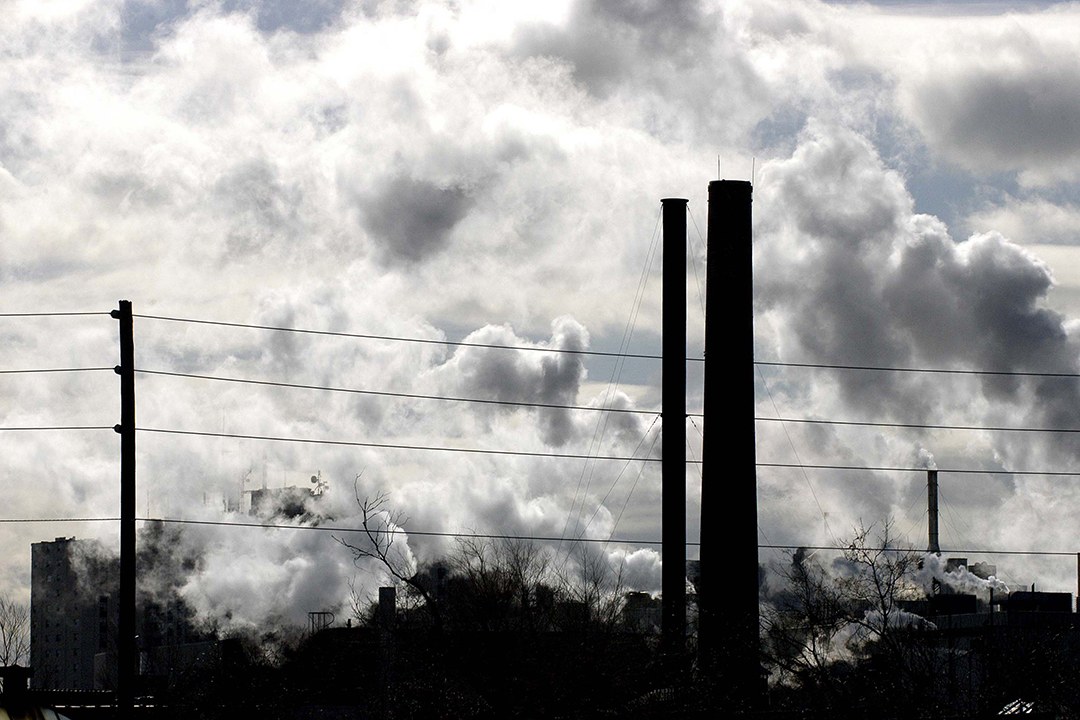 22 October 2015: A new report looking at potential impacts of fossil fuel subsidy reform (FFSR) in 20 countries estimates that reform could bring an average reduction in national greenhouse gas (GHG) emissions of 10.92% by 2020, and an annual average savings of US$92.83 per tonne of GHG emissions removed. The emission cuts could increase, the report finds, to 18.15% if 30% of the savings from fossil fuel subsidy cuts are reinvested into energy efficiency and renewables from 2016-2025.
22 October 2015: A new report looking at potential impacts of fossil fuel subsidy reform (FFSR) in 20 countries estimates that reform could bring an average reduction in national greenhouse gas (GHG) emissions of 10.92% by 2020, and an annual average savings of US$92.83 per tonne of GHG emissions removed. The emission cuts could increase, the report finds, to 18.15% if 30% of the savings from fossil fuel subsidy cuts are reinvested into energy efficiency and renewables from 2016-2025.
The report, titled ‘Tackling Fossil Fuel Subsidies and Climate Change: Levelling the Energy Playing Field,’ was prepared by the International Institute for Sustainable Development’s (IISD) Global Subsidies Initiative (GSI), as part of the Nordic Council of Minister’s (NCM) Green Growth Initiative. The authors are Laura Merrill, Andrea M. Bassi, Richard Bridle and Lasse T. Christensen.
The report updates earlier global research on FFSR. It applies a model developed by GSI and applies it to calculate the potential impact of FFSR in 20 countries: Algeria, Bangladesh, China, Egypt, Ghana, India, Indonesia, Iran, Iraq, Morocco, Nigeria, Pakistan, Russia, Saudi Arabia, Sri Lanka, Tunisia, United Arab Emirates, US, Venezuela and Vietnam.
The report also includes case studies of reform efforts in Jordan, Morocco and the Philippines. [NCM Press Release] [IISD Press Release] [Publication: Tackling Fossil Fuel Subsidies and Climate Change: Levelling the Energy Playing Field] [Publication Page] [Infographic: Removing Fossil Fuel Subsidies Lowers Greenhouse Gas Emissions] [Global Subsidies Initiative] [NCM Green Growth Initiative] [SLoCaT Press Release]
